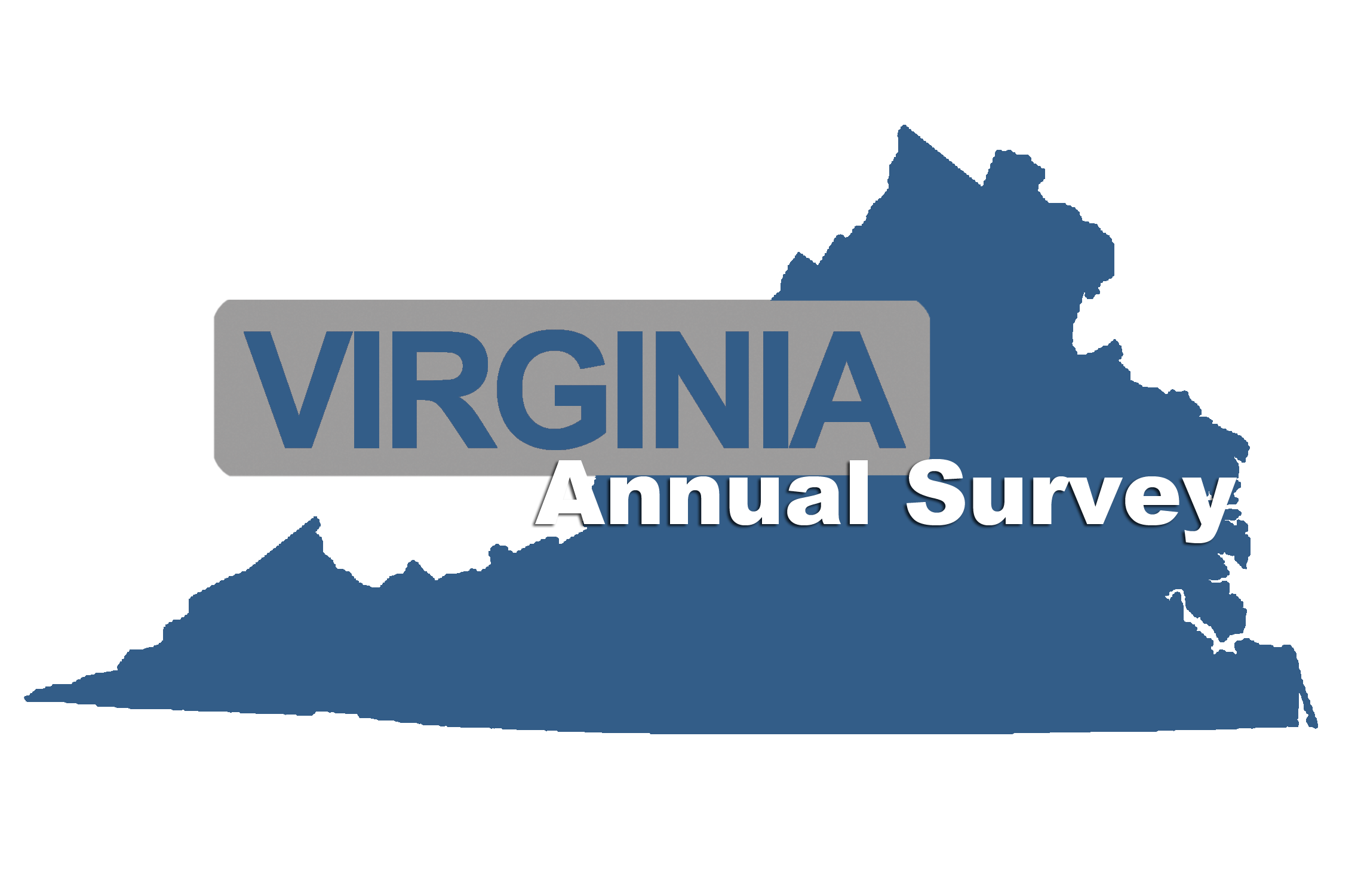
Is It Bad Law To Believe A Politician? Campaign Speech And Discriminatory Intent
Shawn E. Fields *
Politicians lie. For better or worse, we have grown accustomed to this unsavory practice. We expect candidates for public office to make promises they have no intention of keeping. We expect candidates to say one thing to “play to the base” during primaries, only to contradict themselves as they “play to the middle” in the general election. But should this unfortunate fact of political discourse influence judicial analysis of a politician’s potentially unconstitutional motivations behind a challenged government action? Should courts refuse even to consider discriminatory and inflammatory campaign pledges in assessing the purpose of a statute or regulation simply because we distrust our elected officials? Can such a bright-line evidentiary exclusion be justified even when a political candidate speaks openly, consistently, and convincingly about his desire to enact impermissibly discriminatory policies if elected?
∗ Professor of Legal Writing, University of San Diego School of Law; Professor of Political Science, Point Loma Nazarene University. I would like to thank my research assistant, Gwenllian Kern-Allely, for her invaluable contributions to this article.

